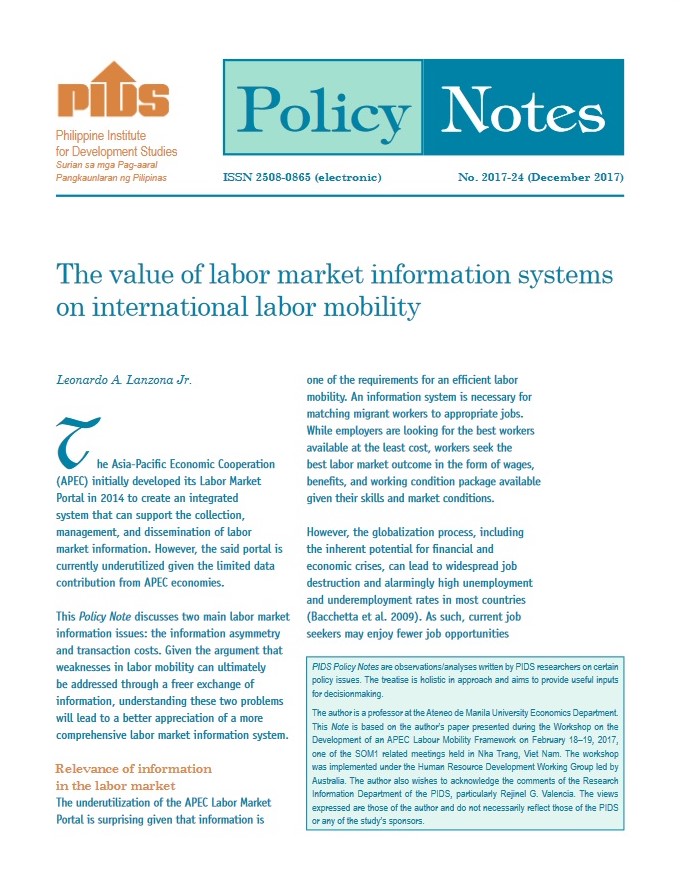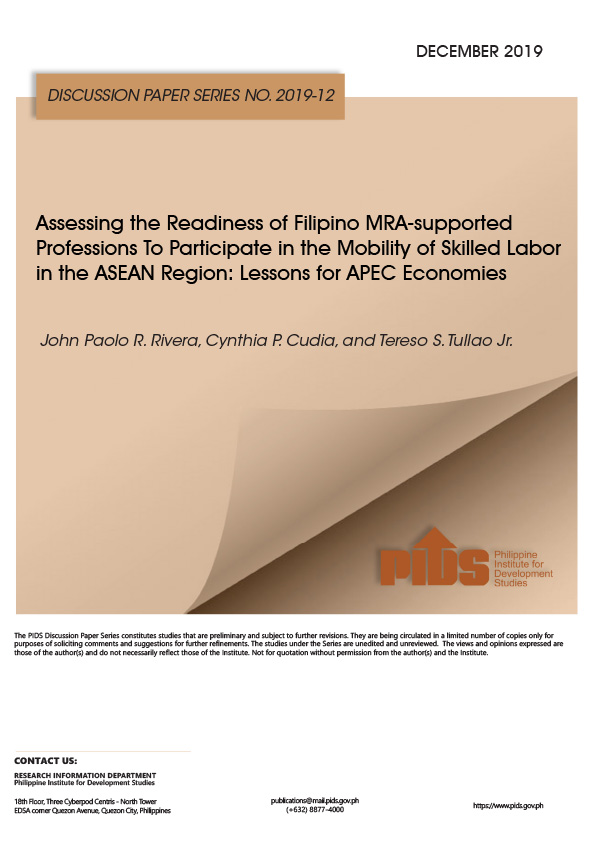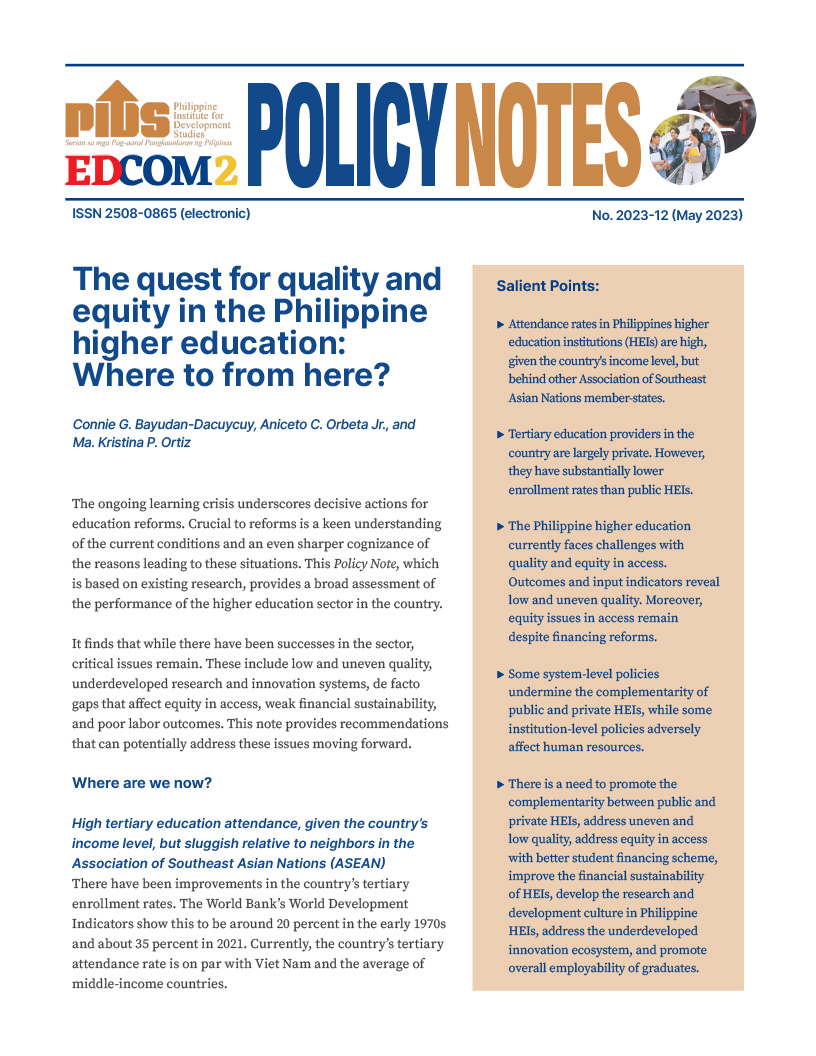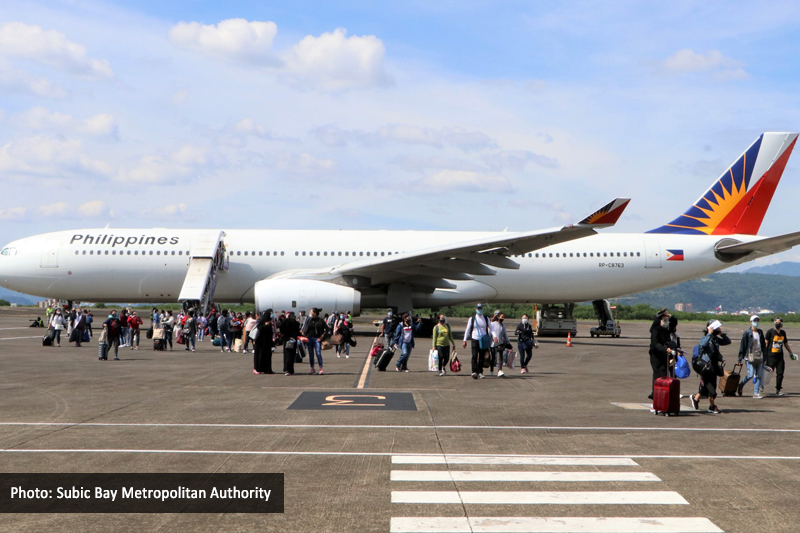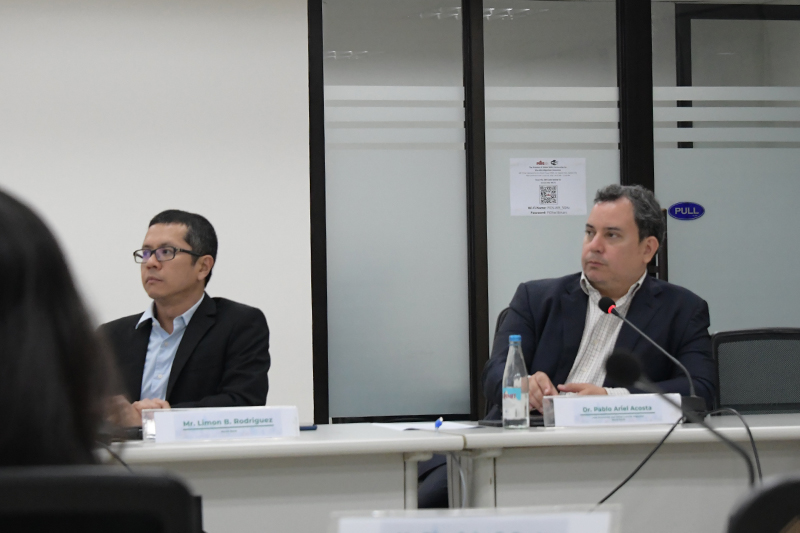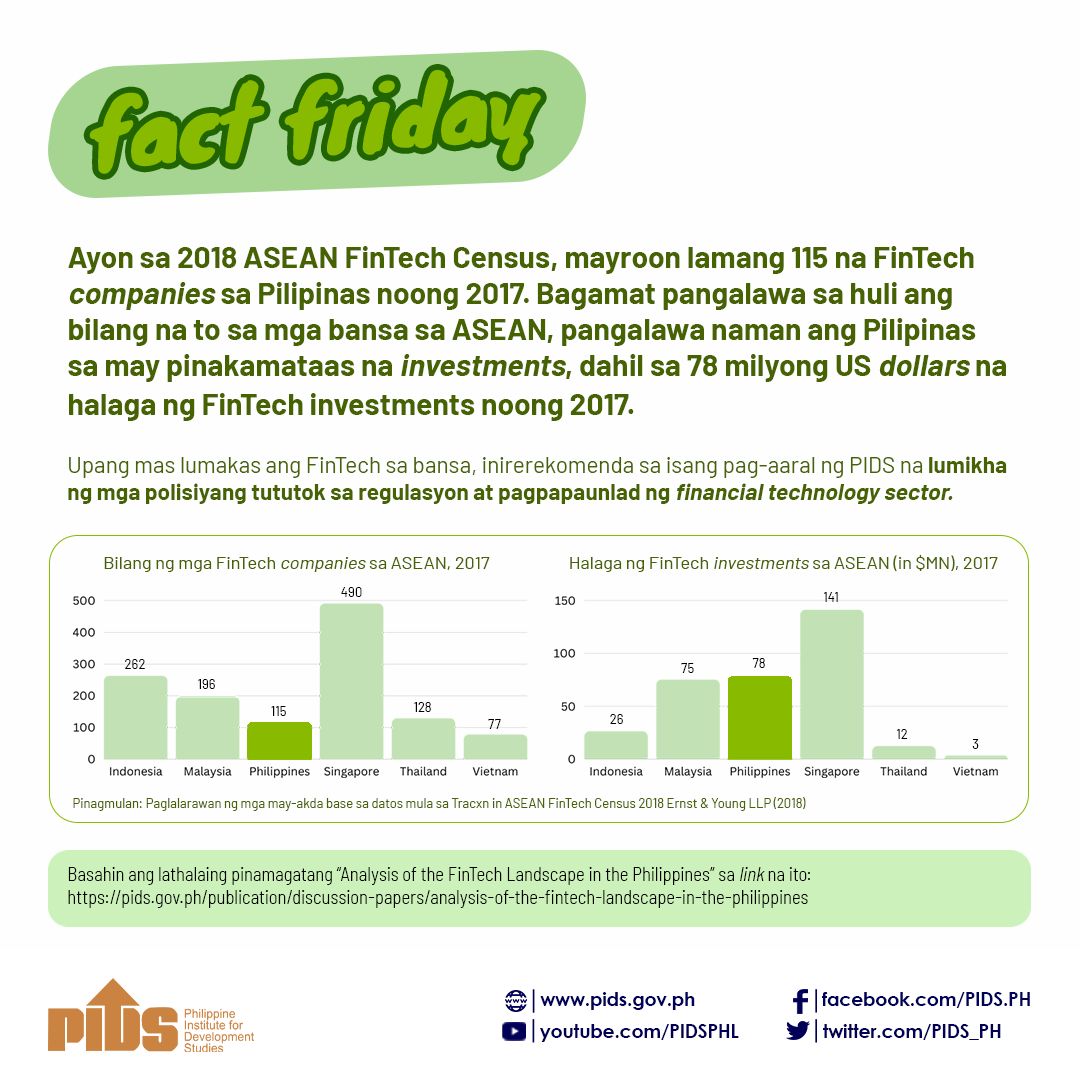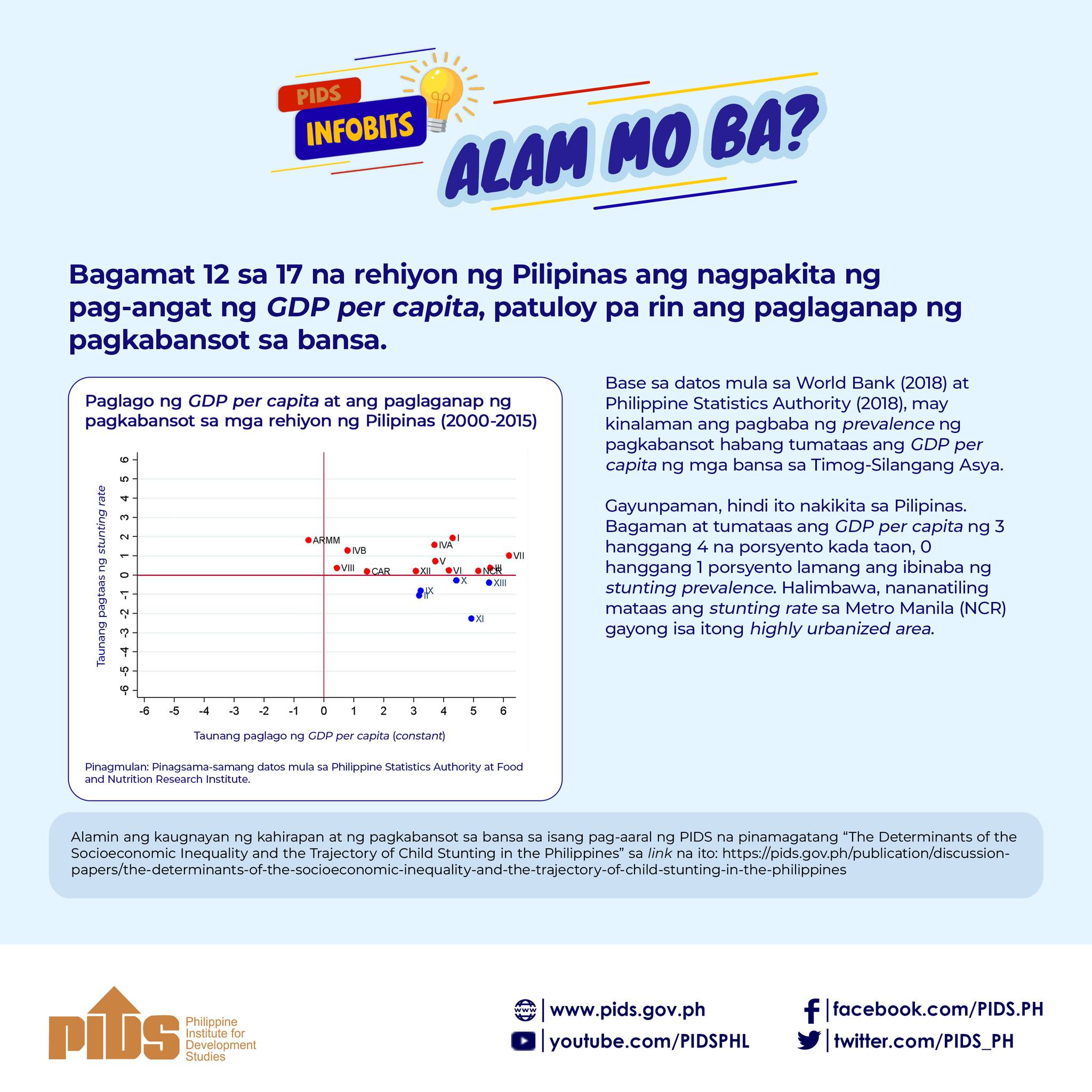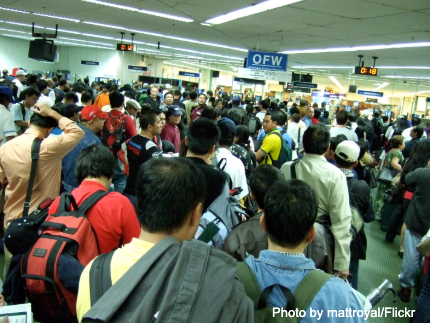
Filipino professionals may not fully benefit from the mutual recognition arrangements (MRA) established by the Association of Southeast Asian Nations (ASEAN) due to the strict domestic regulations among ASEAN member-states.
This is according to a policy note published by the Philippine Institute for Development Studies. MRAs are “framework arrangements directed to liberalize trade in services, increase mobility of skilled labor, and promote best practices on standards and qualifications”.
Among the benefits of MRAs identified by the study include the improvement in human and knowledge capital, as well as the enhancement of social capital that can help advance human resource development of ASEAN member-states.
However, while the MRAs have helped in the movement of skilled labor in the region, restrictions of ASEAN member-states on visas and residence and work permits can “impede the movement of professionals” to other countries where they are needed, the study said.
In the case of the Philippines, it noted that while the competencies of Filipino professionals are generally comparable with other ASEAN member-states, they are still affected by a number of constraints.
One major concern is the varying qualifications and requirements that each member-state has set for other ASEAN professionals. According to the study, this is indicative of the member-states’ varying levels of readiness in developing the necessary MRA framework and structure, as well as their lack of willingness to relinquish full control over their professional standards.
“For instance, while the educational system and licensure procedures of the Philippines are now comparable with other ASEAN member-states, a professional cannot easily practice in another member-state as the recognition will still depend on the domestic regulations of the host economy,” the study said.
Other issues affecting Filipino professionals in terms of their readiness to participate in labor mobility include “the difficulty of earning sufficient experience, the exorbitant cost of acquiring continuing professional development programs, and the dearth of new technology, infrastructure, and effective regulatory framework in different fields”.
Despite these challenges, the study emphasized the importance of MRAs in terms of improving the human resource dimensions of professionals, noting that it can result in economies becoming more attractive to foreign investors as professionals enhance their competencies.
To address these issues, one major recommendation of the study is for the member-states to “review, amend, and modify existing rules and regulations not only in specific regulatory bodies but also in all other related agencies”. Relatedly, they should also harmonize regulatory frameworks so that requirements across member-states are comparable and aligned.
In addition, the study suggested harnessing the current technological developments in the areas of finance, travel, medical services, consultancy, and other professional services to further ease the mobility of services that can be provided.
It also urged key players to focus on education, particularly in the benchmarking of curriculum, pedagogies, and learning standards among ASEAN universities. ASEAN learning institutions can “cooperate to redesign curricula comparable with regional and international standards”. ###
This press release is based on the PIDS policy note titled, “Improving human resource through mutual recognition in ASEAN”.
This is according to a policy note published by the Philippine Institute for Development Studies. MRAs are “framework arrangements directed to liberalize trade in services, increase mobility of skilled labor, and promote best practices on standards and qualifications”.
Among the benefits of MRAs identified by the study include the improvement in human and knowledge capital, as well as the enhancement of social capital that can help advance human resource development of ASEAN member-states.
However, while the MRAs have helped in the movement of skilled labor in the region, restrictions of ASEAN member-states on visas and residence and work permits can “impede the movement of professionals” to other countries where they are needed, the study said.
In the case of the Philippines, it noted that while the competencies of Filipino professionals are generally comparable with other ASEAN member-states, they are still affected by a number of constraints.
One major concern is the varying qualifications and requirements that each member-state has set for other ASEAN professionals. According to the study, this is indicative of the member-states’ varying levels of readiness in developing the necessary MRA framework and structure, as well as their lack of willingness to relinquish full control over their professional standards.
“For instance, while the educational system and licensure procedures of the Philippines are now comparable with other ASEAN member-states, a professional cannot easily practice in another member-state as the recognition will still depend on the domestic regulations of the host economy,” the study said.
Other issues affecting Filipino professionals in terms of their readiness to participate in labor mobility include “the difficulty of earning sufficient experience, the exorbitant cost of acquiring continuing professional development programs, and the dearth of new technology, infrastructure, and effective regulatory framework in different fields”.
Despite these challenges, the study emphasized the importance of MRAs in terms of improving the human resource dimensions of professionals, noting that it can result in economies becoming more attractive to foreign investors as professionals enhance their competencies.
To address these issues, one major recommendation of the study is for the member-states to “review, amend, and modify existing rules and regulations not only in specific regulatory bodies but also in all other related agencies”. Relatedly, they should also harmonize regulatory frameworks so that requirements across member-states are comparable and aligned.
In addition, the study suggested harnessing the current technological developments in the areas of finance, travel, medical services, consultancy, and other professional services to further ease the mobility of services that can be provided.
It also urged key players to focus on education, particularly in the benchmarking of curriculum, pedagogies, and learning standards among ASEAN universities. ASEAN learning institutions can “cooperate to redesign curricula comparable with regional and international standards”. ###
This press release is based on the PIDS policy note titled, “Improving human resource through mutual recognition in ASEAN”.

